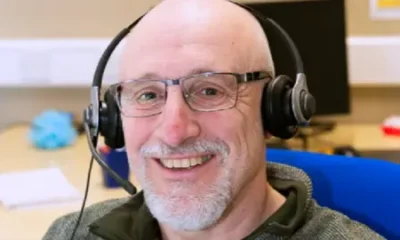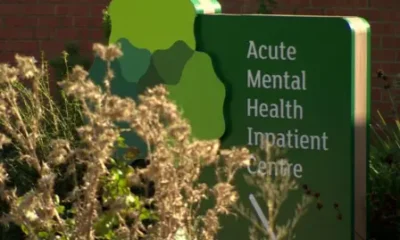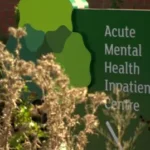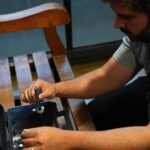Breaking News
Man jailed over online posts exposing asylum seekers

Read more on post.
A convicted criminal has become the first person to be jailed in a landmark case for online posts which risked identifying asylum seekers in Ireland.
Paul Nolan, 36, of Mount Eagle Square, Leopardstown in Dublin, stood outside the IPAS centre at St John’s House, High Street, Tallaght, on 22 and 26 August 2024 and questioned teenage boys, a young woman, and three middle-aged men who were staying at the facility.
Nolan goaded applicants, saying, “In Ireland, you have no right to privacy”, and posted videos of his interactions on his YouTube channel.
The four clips revealed their faces and were captioned: “Time to document these people ourselves”, “These men are so aggressive, if you’re fleeing war, take your aggression there”, “Cheeky fella these economic welfare scammers”, “I know what I’d do if Ireland went to war, pick up a weapon and fight”.
Nolan, a father-of-three, questioned a man who said he was from Gaza about why he was here and not fighting in his own country.
One clip featured a recording of The Irish Rover by The Pogues and The Dubliners, while showing some applicants heading back into the building; it also had a banner saying “Face’s [sic] we are after”.
The community employment scheme worker pleaded not guilty at Dublin District Court to engaging in threatening, insulting and abusive words or behaviour, under the Public Order Act.
International protection applicants have the legal right to anonymity.
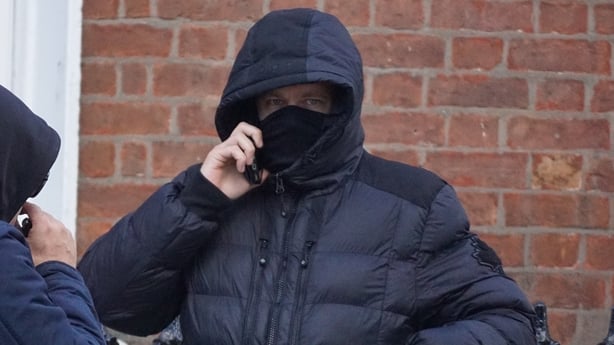
He also denied four counts under Section 26 of the International Protection Act 2015, which states that, without the consent, it is an offence to publish in a written publication available to the public or broadcast, or cause to be so published or broadcast, information likely to lead members of the public to identify a person as an applicant.
‘Tissue of lies, wrapped in a shroud of pseudo-citizen journalism’
Judge John Hughes noted that this was the first time a prosecution had been brought for this offence, which is punishable by a 12-month sentence.
He was given a ten-month sentence but had the final three months suspended on condition that he stays under supervised probation, completes an anger management counselling course, and remains away from IPAS facilities for two years.
The videos must also be taken down if that has not been done already.
“A disgraceful, glorious display of rudeness, hyena-like behaviour, and ignorance of the people involved”
His videos featured three middle-aged men, including one whose teenage sons, both minors, had been filmed and questioned by Nolan, along with another 15-year-old boy and his 22-year-old sister.
Judge Hughes described his conduct as repeated, premeditated and targeted.
He slated the accused, saying he used, “a tissue of lies, wrapped in a shroud of pseudo-citizen journalism.”
Sentencing, he brandished his conduct as “A disgraceful, glorious display of rudeness, hyena-like behaviour, and ignorance of the people involved.
Nolan attempted to convince the court that, in his role as an untrained citizen journalist, he had learned about a demonstration outside the building and went to investigate for his YouTube channel.
He knew the building had previously been used by Revenue, and undocumented, unvetted men of military age had moved in; however, he maintained that he was unaware it was an IPAS centre.
He claimed that he learned from a comment by Taoiseach Micheál Martin and from RTÉ news that 80% of asylum seekers were economic migrants.
Witnesses from Palestine and Jordan gave evidence.
The father of two boys filmed by the accused said his sons were aged 14 and 17 at the time.
Video evidence showed one of them was threatened by Nolan, who said he would break his nose because the teen had elbowed him out of his way.
He told an applicant approaching the centre: “I already got your face, no need to put your hand up”, and mimicked their accents and narrated his videos once, saying, “These are dangerous people we have walking the streets of Tallaght”.
Nolan already had 47 prior convictions, including public order charges, 19 for drug offences and he had also been jailed previously for six months for dangerous driving.
Cross-examined by prosecution counsel Oisín Clark BL, he claimed he still did not know what the building was when he returned to the centre days later to continue filming people.
Mr Clarke, in his closing speech, described Nolan’s version as “garbled, self-serving, and he contradicted himself”, and the barrister added that the accused had no credibility.
The defence pleaded with the court to acquit because it could not be established that anyone in the centre risked being identified; however, the judge held that the evidence was sufficient to convict.
Garda Inspector Nigel McInaw headed the investigation, which led to the examination of phone videos and bank records that linked the accused to the YouTube account.
Detective David Sheahan identified Nolan from CCTV evidence.
Breaking News
Mental health patients sleeping on sofas months after issues found
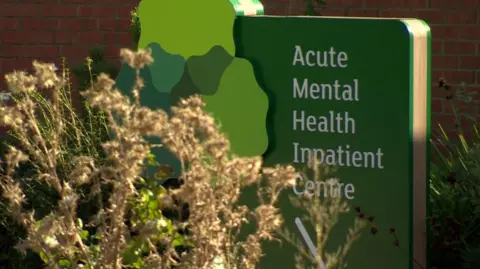
Read more on post.
Niall BlaneyBBC News NI
Some patients with serious psychiatric conditions are still sleeping on sofas at a Belfast mental health facility months after serious building problems were discovered there.
The Acute Mental Health Inpatient Centre opened just six years ago at a cost of £33m, but has been dogged with issues.
Rot and black mould were previously found in the building – which has continued to suffer from newly-discovered leaks – and the entire water system now needs replaced, which will add millions of pounds to existing repair costs.
The Belfast Health Trust said no patients have had to move out as a result of the building issues, and works on two damaged bedrooms are due to be completed in “the coming days”.
The centre at Belfast City Hospital provides 74 acute mental health en-suite bedrooms, including six psychiatric intensive care beds.
Last September, it was revealed that leaking pipes in the Acute Mental Health building had caused £4m worth of damage. Water had been dripping from various pipes since 2022 causing corrosion within the hot water system and damage to walls and floors.
At the time, it was thought damage was confined to a small area.
But further exploration which involved ripping up two bedrooms identified more extensive damage, including leaking pipes across the building which had saturated floors and caused metal stud walls to rot and mould to grow on plaster.
One bedroom previously had an ant infestation and was closed immediately.
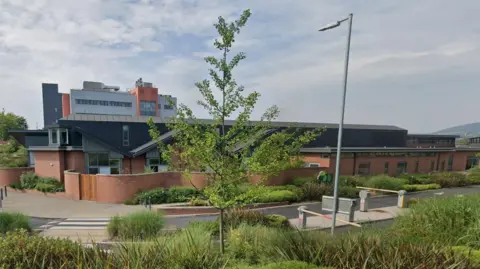 Google
GoogleIn March, the BBC revealed that repair costs for the building could be up to £10m.
Last month, the health trust said the projected costs for the newly-discovered water system issues were up to £6m, not including legal fees.
Two bedrooms which had suffered damage were due to be repaired by the end of this summer. As a result of their closure, capacity at the unit has been stretched, leading to patients forced to sleep on sofas.
The Belfast Trust said: “Works on the [bedrooms] are almost complete and are subject to final checks… it is expected that both rooms will be available for the delivery of services in the coming days.”
Plans to rehome patients
While a plan has been put in place to temporarily rehome patients at Knockbracken Healthcare Park south of Belfast, that facility has not been used to date.
The trust is taking legal advice over where liability for the building failures lies.
The facility was built by Graham BAM Healthcare Partnership (GBHP), a joint partnership between County Down-based Graham Construction and BAM Ireland in the Republic of Ireland.
GBHP has also been involved in Belfast’s new maternity hospital which remains unopened and almost £50m over budget.
The Belfast Trust said it was “currently working with its legal advisors to appoint independent specialists to undertake a comprehensive review of the water system and any potential sources of water ingress and to help identify liability for the costs of the remediation work”.
In a response to the BBC, the trust said a survey of the entire building had taken place ahead of the repair works.
In August 2024, the body which inspects healthcare facilities – the RQIA – issued a notice to the trust telling it to replace doors and door handles at the facility because of potential patient self-harm as a result of ligature risks.
This was to be complied with by 17 February this year, with an extension granted to April, and now compliance required by this November.
Breaking News
School secretaries and caretakers dispute back before WRC
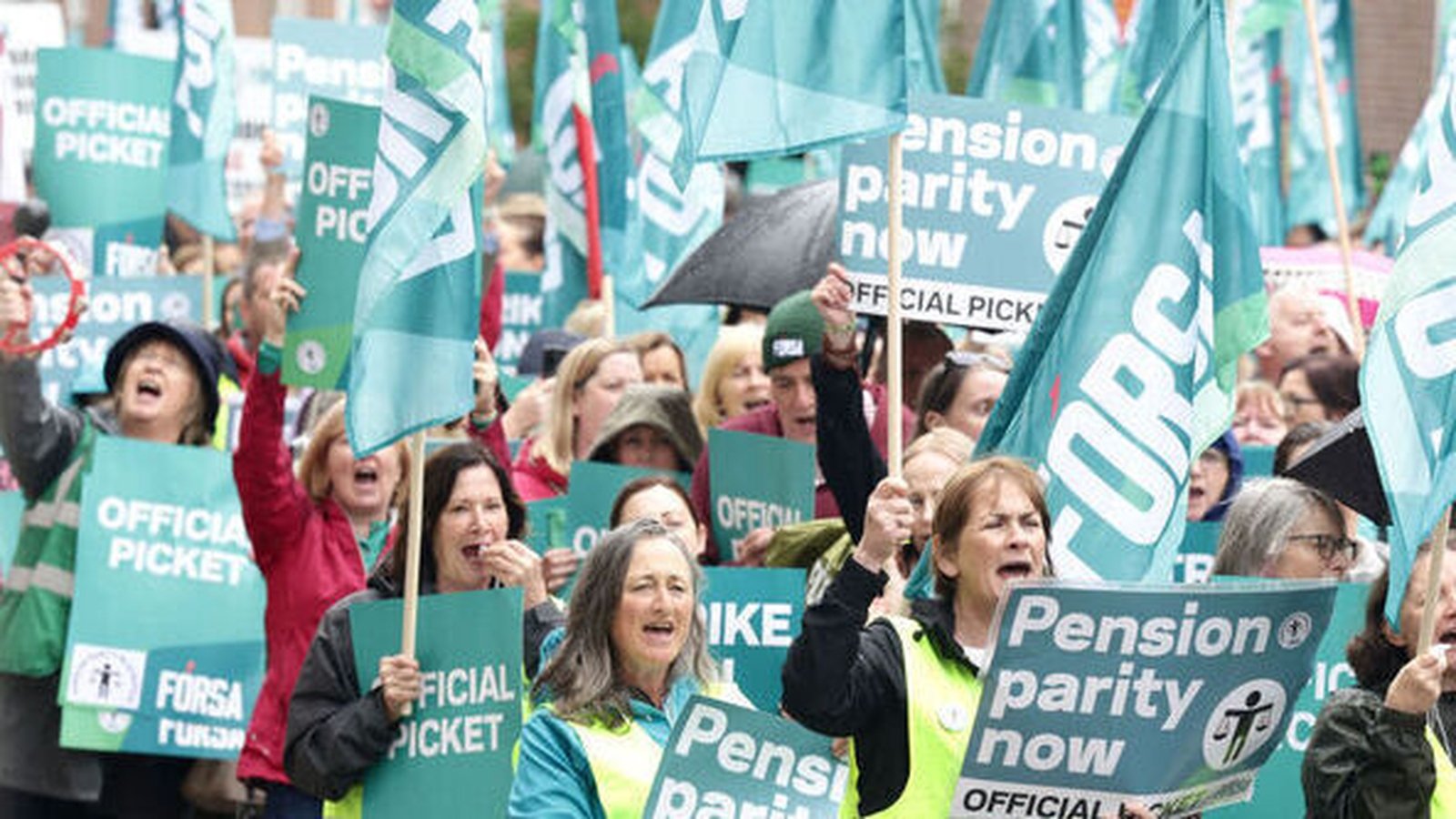
Read more on post.
Talks on access to pensions for school secretaries and caretakers will resume at the Workplace Relations Commission (WRC) today.
The dispute saw more than 2,600 school staff, who are members of the Fórsa trade union, engage in strike action for more than a week impacting around 2,000 schools.
Fórsa withdrew the strike action after an agreement was reached to engage in a process to resolve the dispute.
The union said that the key element of the proposals is a Government commitment to negotiate pension entitlements for school secretaries and caretakers that are comparable with teachers and Special Needs Assistants (SNAs).
Negotiations were held at the WRC for around two hours earlier this month and the talks will resume later this morning.
Aside from pensions, the agreement also provides for discussions on other issues including access to bereavement leave and sick leave, as well as the conclusion of a pay deal for caretakers.
If there are any outstanding issues following the WRC talks, the parties have agreed to have the matters referred to the Labour Court.
Breaking News
Dublin house price inflation eases – DNG
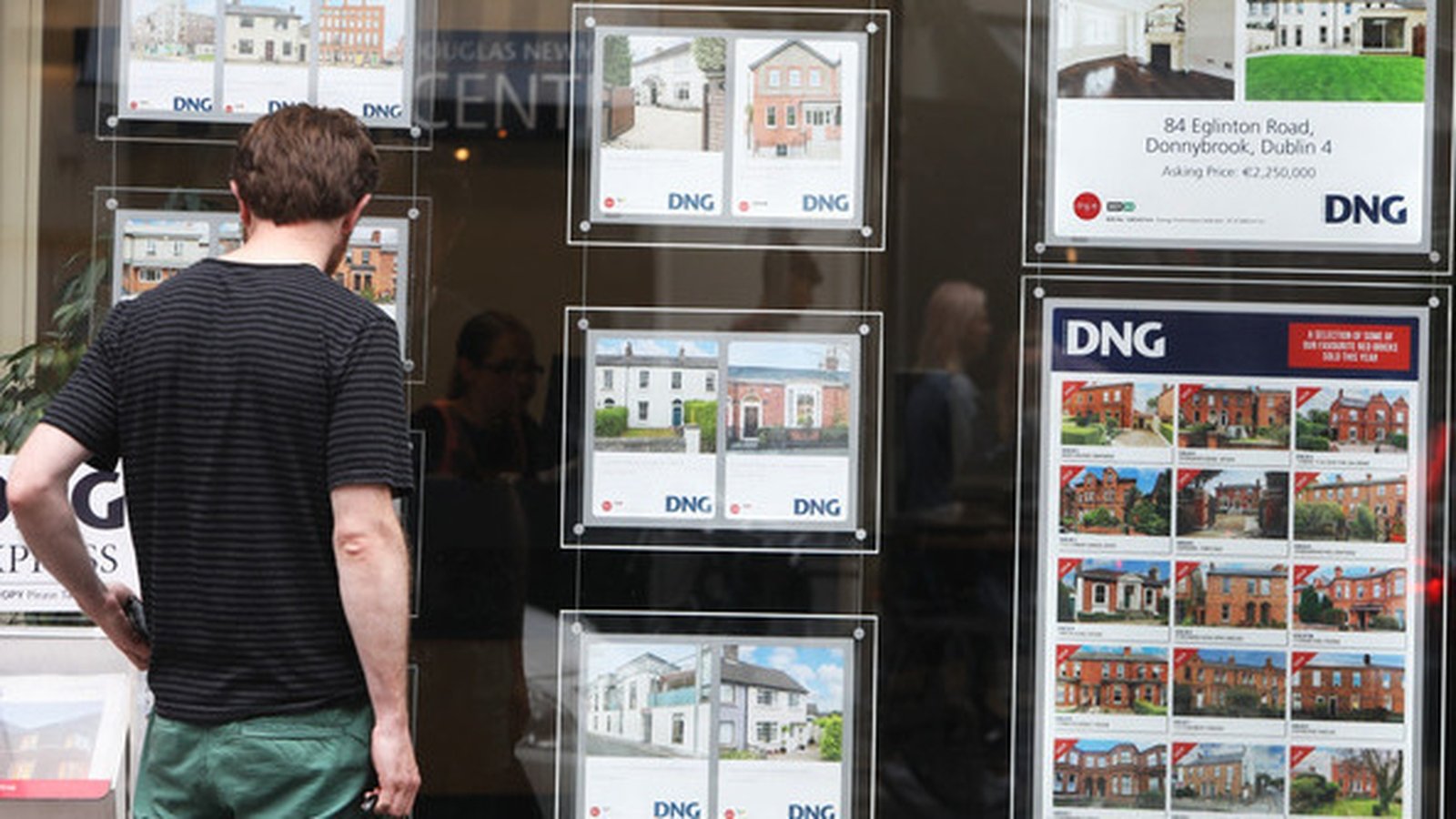
Read more on post.
The annual rate of price increase in the Dublin residential property market has moderated for a third quarter in a row, according to new research.
The latest results of the DNG House Price Gauge (HPG) show that in the three months to September, the average price of a resale home in the capital increased by 0.9%, in contrast to the same period last year when prices rose by 2.5%.
The annualised rate of Dublin house price inflation moderated to 6.2% for the year to September 2025, lower than the rate of 8% recorded in the year to June 2025, and below the rate of 9.6% recorded in the year to March 2025.
According to the DNG HPG, the average price of a Dublin home has increased by 150% since the last market low point in 2012, however, prices still remain below the previous historical peak seen in 2006.
Prices at the upper end of the market are 24.5% below their previous peak, while prices at the entry and mid-market levels are less than 5% lower than the previous peak.
The average price of a resale property in the capital now stands at €605,612.
The DNG Apartment Price Gauge (APG) recorded an increase in apartment values in the third quarter of the year of 1%, this compares to a 1.1% increase in the second quarter and 1.9% in the first three months of the year.
The research shows that the percentage of DNG sales by investors offloading rental properties increased to 27% of sales in the third quarter of the year, up from 20% of sales in second quarter.
An analysis of DNG purchasers during the third quarter shows that first time buyers accounted for just over half of purchases of resale properties in the capital.
“The latest results of the DNG House Price Gauge paint a picture of stability in the Dublin residential market at the present time, with price inflation moderating as this year has progressed,” said DNG’s Director of Research Paul Murgatroyd.
“House price inflation in the capital was running at close to 10% per annum at the end of last year but since then the rate of increase has gradually eased back to a more sustainable level,” Mr Murgatroyd.
-
Culture3 days ago
Taylor Swift’s new cinema outing generates more than €12million in just 24 hours
-
Politics3 days ago
European Parliament snubs Orbán with vote to shield Italian MEP from Hungarian arrest
-
Health3 days ago
EU renews support for WHO’s Universal Health Coverage Partnership
-
Culture2 weeks ago
Life, loss, fame & family – the IFI Documentary Festival in focus
-
Culture2 months ago
Fatal, flashy and indecent – the movies of Adrian Lyne revisited
-
Culture3 days ago
Twilight at 20: the many afterlives of Stephenie Meyer’s vampires
-
Environment6 days ago
Key oceans treaty crosses threshold to come into force
-
Culture1 week ago
Farewell, Sundance – how Robert Redford changed cinema forever


